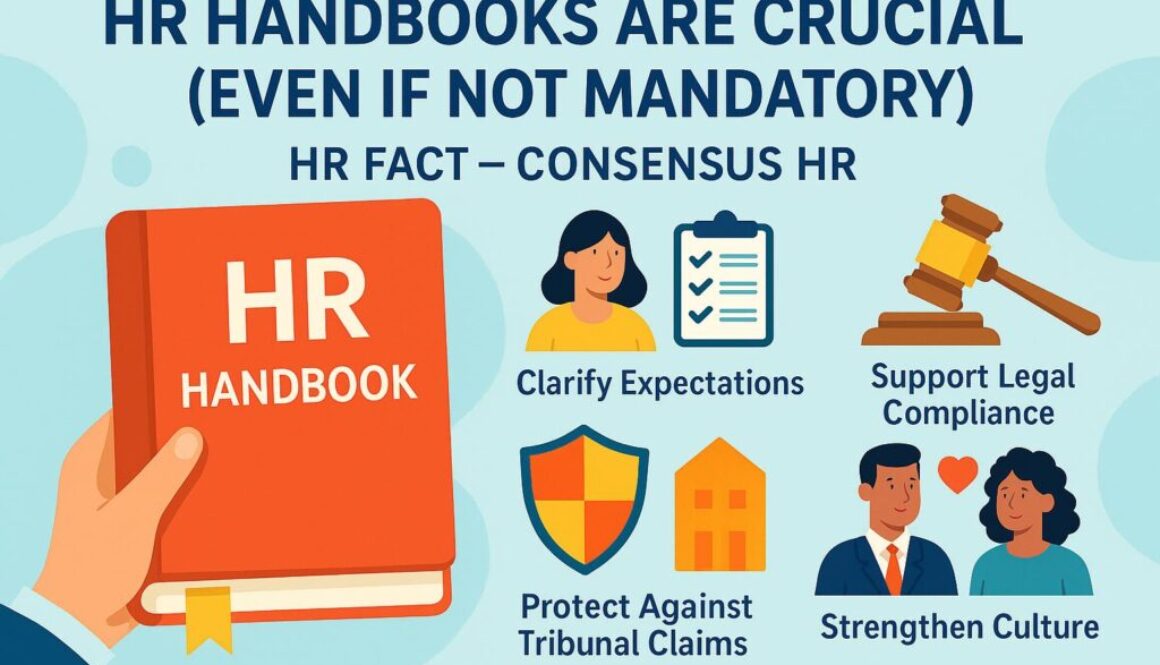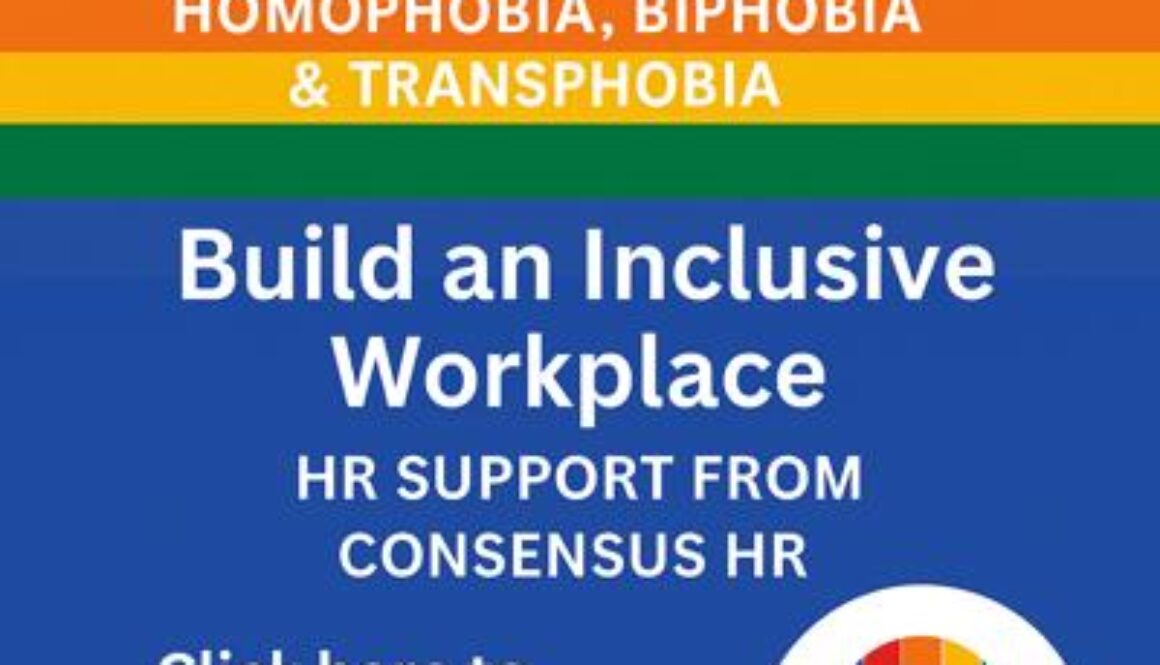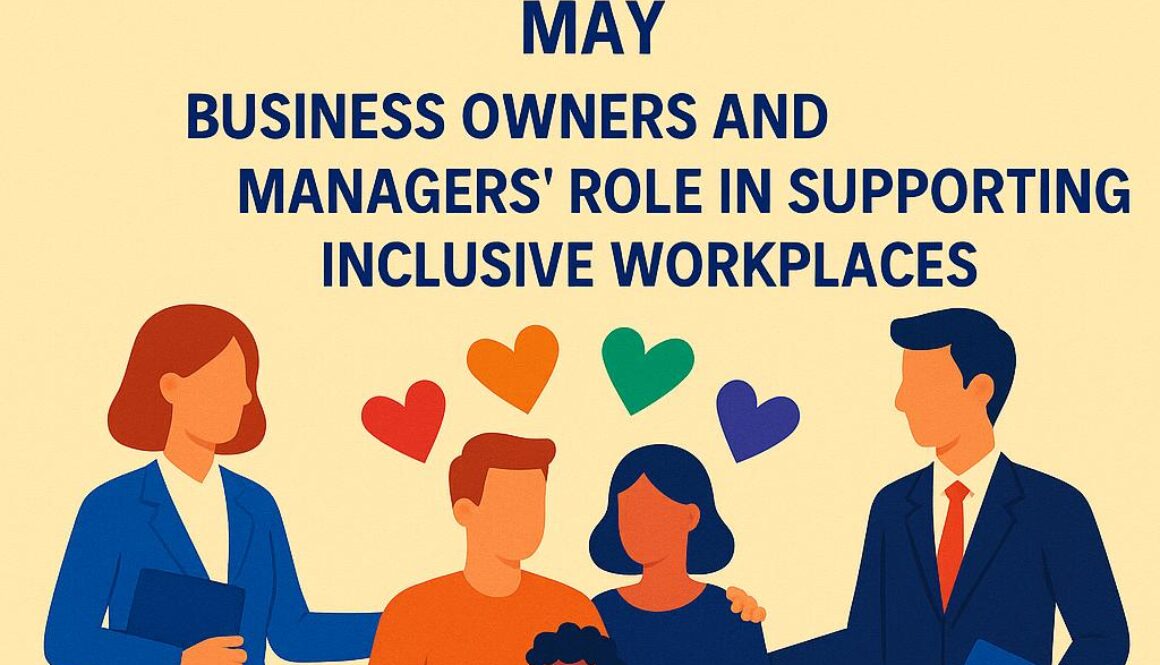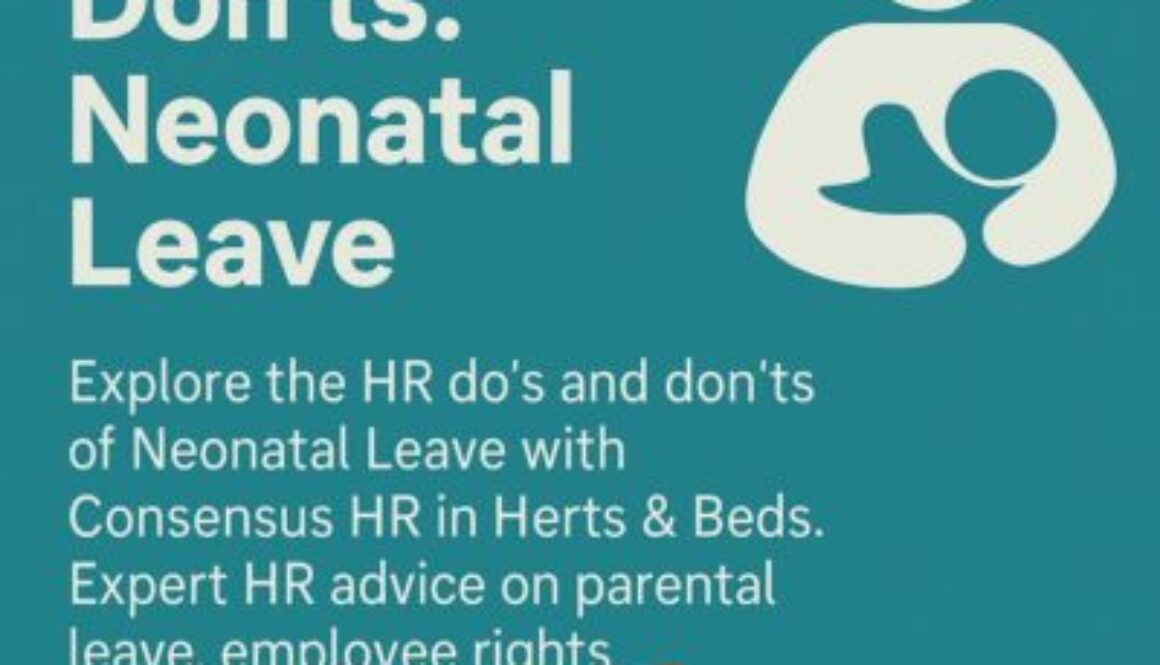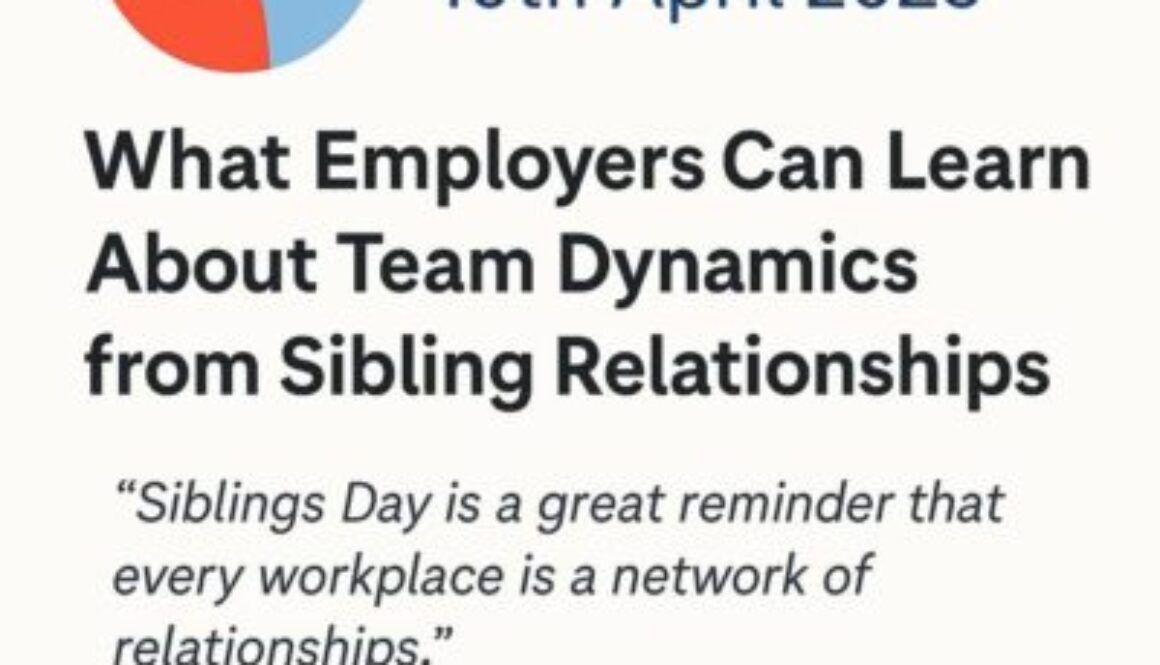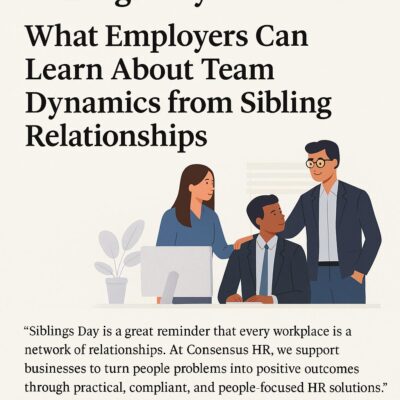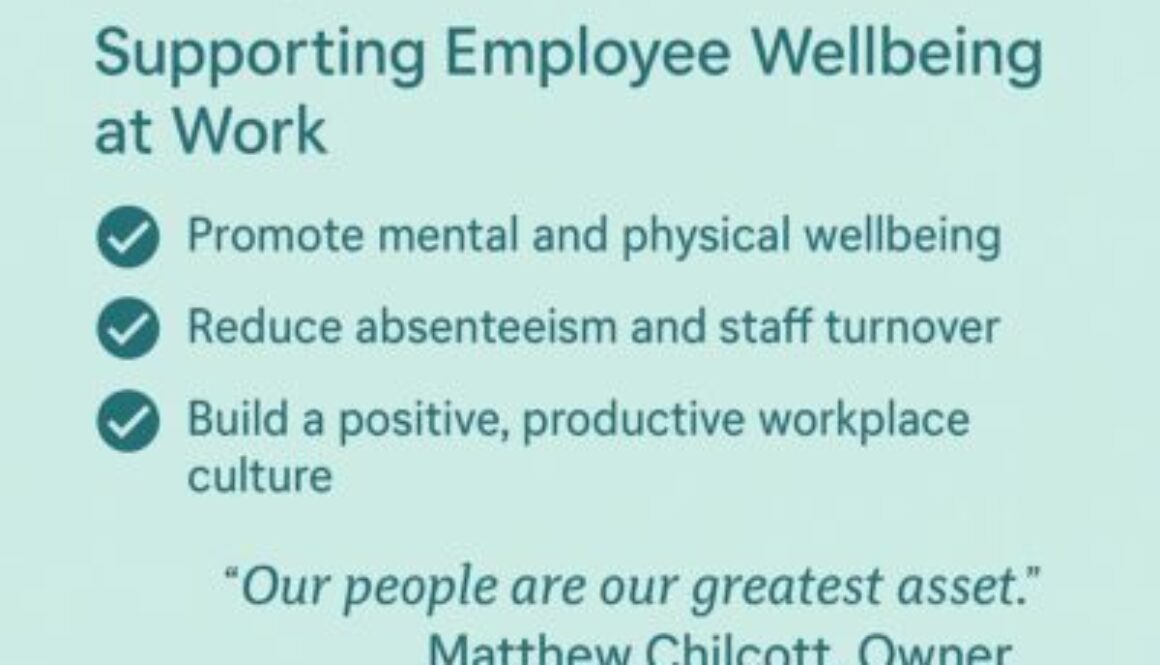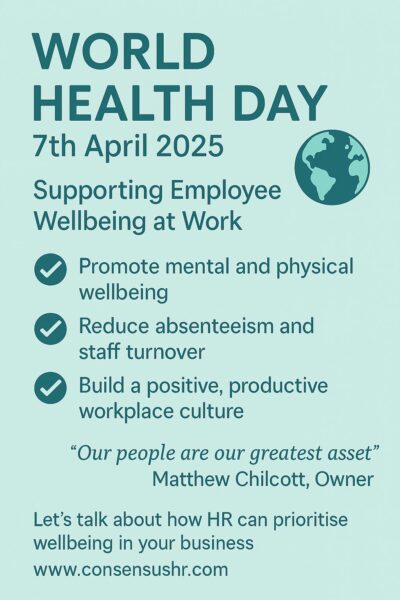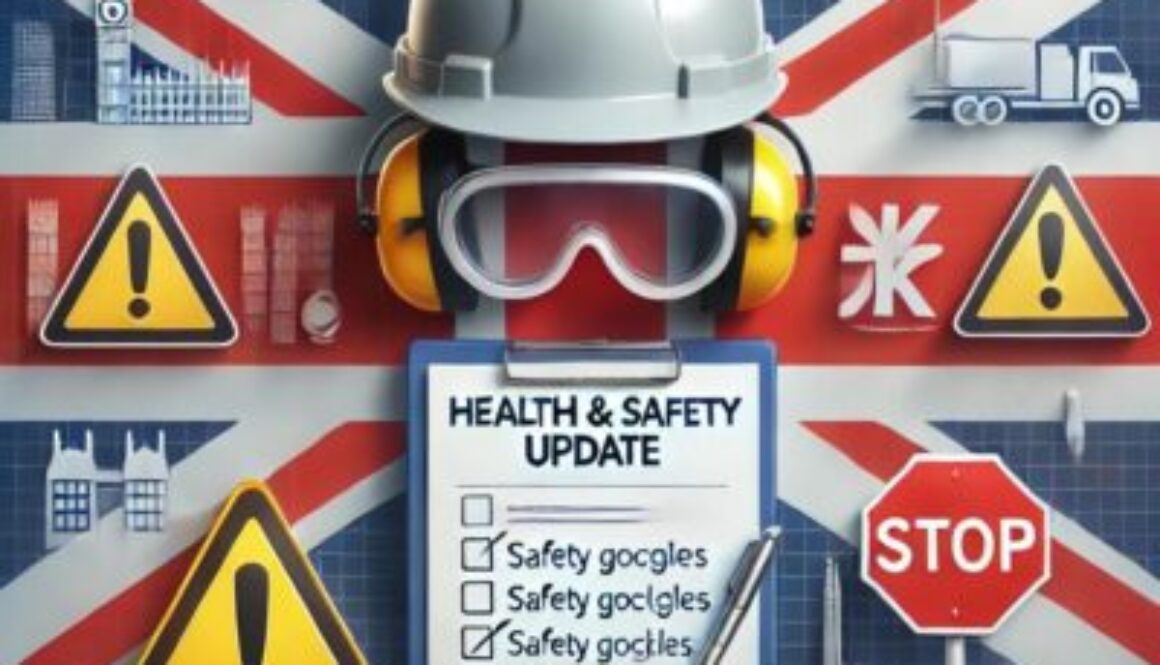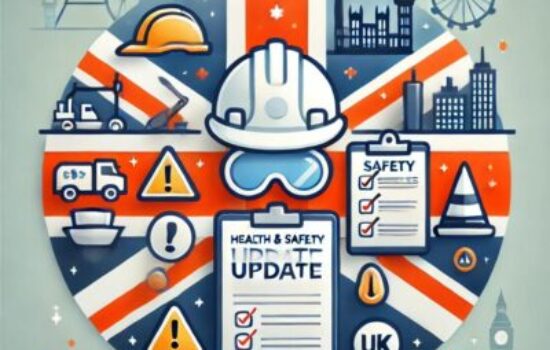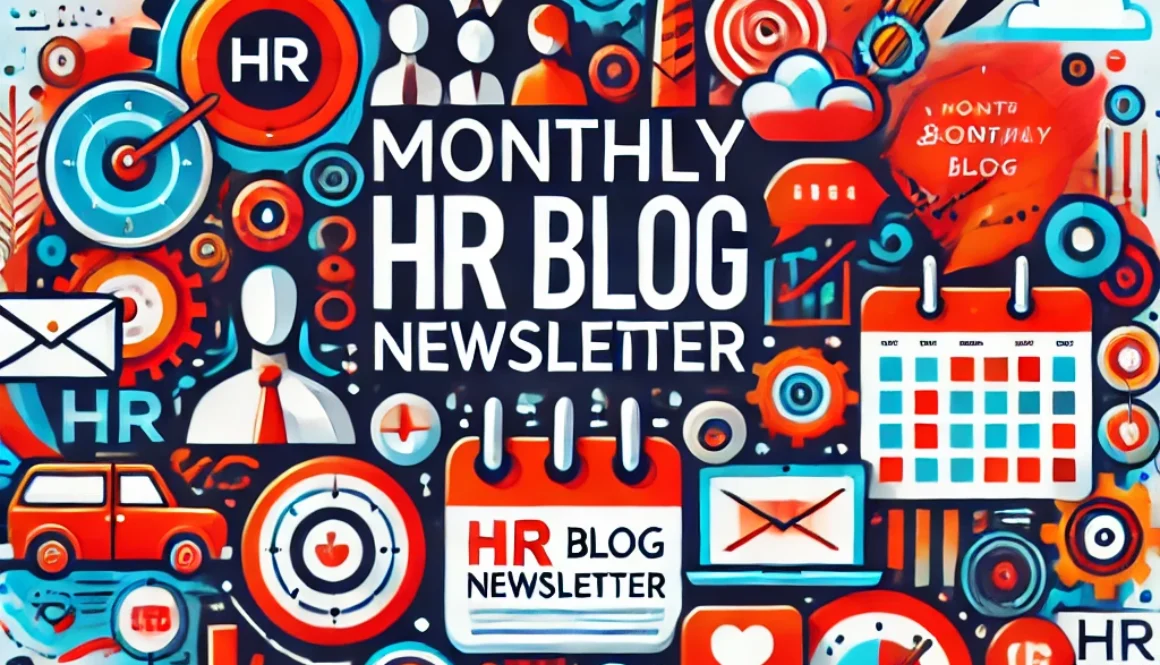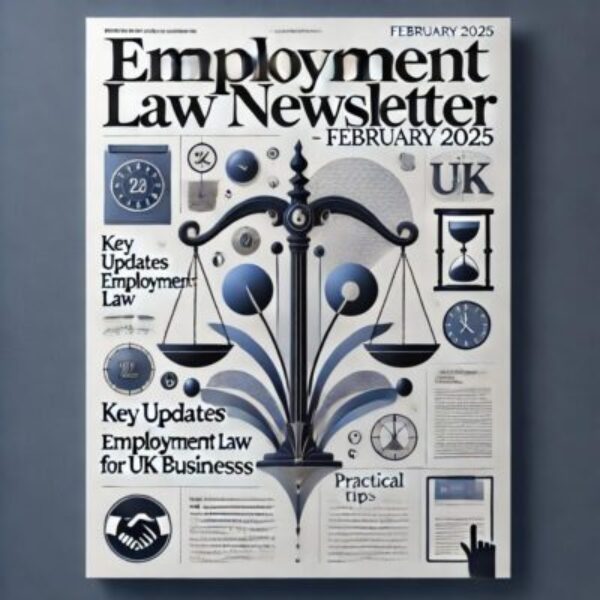🧠27th June – National PTSD Awareness Day | Consensus HR in Herts & Beds
🧠 National PTSD Awareness Day – 27th June | Supporting Mental Health in the Workplace
Consensus HR – Your Outsourced HR & Employment Law Partner in Herts & Beds
Post-Traumatic Stress Disorder (PTSD) is a serious mental health condition that can affect anyone who has experienced or witnessed traumatic events. While commonly associated with military veterans, PTSD can also impact people in everyday work environments—especially those in high-stress or traumatic sectors such as healthcare, emergency services, education, or customer service roles.
As employers, it’s essential to recognise the signs of PTSD and understand how to support employees in managing their condition effectively, fostering a safe, inclusive, and mentally healthy workplace.
💼 Why PTSD Awareness Matters to Employers
National PTSD Awareness Day, observed on 27th June, shines a spotlight on the condition and its impact on individuals’ wellbeing and productivity. In the workplace, untreated PTSD can lead to:
-
Decreased concentration and performance
-
Increased absenteeism or presenteeism
-
Withdrawal from colleagues and team interaction
-
Higher risk of long-term sickness absence or resignations
Ignoring mental health conditions like PTSD can expose businesses to legal risks under the Equality Act 2010, where PTSD may qualify as a disability—requiring reasonable adjustments to support affected employees.
🧑⚕️ How Employers Can Support Employees with PTSD
At Consensus HR, we advise our clients to proactively manage mental health by:
✅ Providing mental health awareness training for line managers
✅ Offering access to Employee Assistance Programmes (EAPs)
✅ Making reasonable workplace adjustments, such as flexible hours or reduced workload
✅ Creating a culture where employees feel safe to disclose mental health conditions
✅ Developing clear, compassionate mental health policies and procedures
💬 Matthew Chilcott, Owner of Consensus HR, comments:
“PTSD is often misunderstood and under-supported in the workplace. On National PTSD Awareness Day, we remind businesses that acknowledging and supporting mental health isn’t just the right thing to do—it’s a legal obligation and a driver of team wellbeing and productivity. At Consensus HR, we work with employers to develop HR strategies that support all employees, especially those who need it most.”
📘 Related Resources & Support
For employers looking to improve their approach to mental health:
🤝 Need Help Supporting Mental Health at Work?
If you’re unsure how to support a team member with PTSD or want to improve your workplace wellbeing policies, contact Consensus HR today. We’re here to help your business remain legally compliant and people focused.
📞 Call us on: 01438 576750
📩 Email: [email protected]
🌐 Visit: www.consensushr.com
🔗 Follow Consensus HR
Stay updated on all HR and employment law matters:
📅 Mark the Date: 27th June – National PTSD Awareness Day
Let’s create workplaces that understand, support, and empower employees to thrive, no matter their mental health journey.
Your Outsourced Human Resources (HR) Department.
For further information on any of the HR subjects we provide, please click the heading below:



